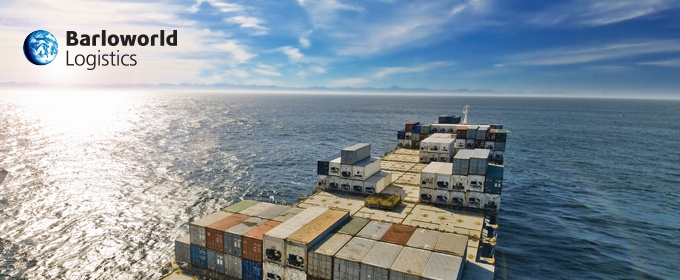The Oxford Dictionary defines excellence as the quality of being outstanding or extremely good, and John W. Gardner said: “Excellence is doing ordinary things extraordinarily well”. When it comes to supply chain, excellence is an ideal most organisations strive for, but within the supply chain world, the definition of excellence is harder to express. On a very simple level – supply chain excellence is encapsulated in the oft-repeated phrase – “delivering the right product, in the right quantity, to the right people, at the right place, at the right cost, every time”. While this phrase rolls off the tongue quite easily, achieving this utopia of supply chain performance is slightly more difficult.
Supply Chain excellence in financial terms
Risky business – is your supply chain ready?
Topics: Insider, Business, Trends and Insights
Why Supplier Relationship Management is important
Supplier Relationship Management (SRM) is a term that has moved out of the realms of procurement and has taken its place firmly within the supply chain lexicon. The concept of SRM evolved in the eighties as a term referring to a more proactive relationship between organisational buyers and suppliers where buyers understand and document the risks and impact of each supplier in terms of profit and business continuity.
Topics: Insider, Business, Trends and Insights
Disruptions across the board from the flow of raw materials to the distribution of end markets have in the last few years challenged the competitiveness and success of even well-rooted industries. In order to continue to harness future growth, organisations need to look beyond the traditional silo approach to doing business and instead seek collective opportunities that expand across various business sectors.
Topics: Business, Trends and Insights
A transport network is the lifeblood of any supply chain. Without an adequate transport network, the entire system will malfunction, failing to deliver freight when and where needed. This seems relatively obvious, and indeed simple, but often such networks are products of history. Over time, organisations grow and evolve. Products lines are introduced or discontinued, markets are entered or exited, and demand is fluid. Organisations that have grown from humble beginnings to large complex operations can have deeply ingrained processes, some of which may well be defunct in the environment in which the organisation operates.







